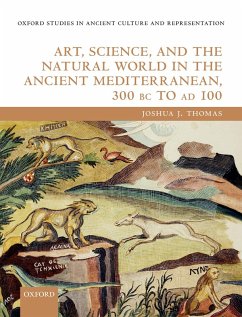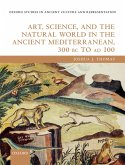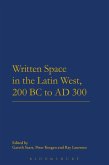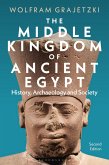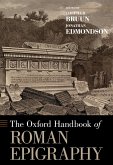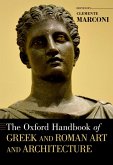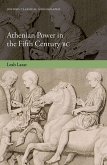The Hellenistic Period witnessed striking new developments in art, literature and science. This volume addresses a particularly vibrant area of innovation: the study of animals and the natural world. While Aristotle and his followers had revolutionized fields such as zoology and botany during the fourth century BC, these disciplines took on exciting new directions during Hellenistic times. Kings imported exotic species into their royal capitals from faraway lands. Travel writers described unusual creatures that they had never previously encountered. And buyers from a range of social levels chose works of art featuring animals and plants to decorate their palaces, houses and tombs. While textual sources shed some light on these developments, the central premise of Art, Science and the Natural World in the Ancient Mediterranean is that our surviving artistic evidence permits a fuller understanding. Accordingly, the study brings together a rich body of visual material that invites new observations on how and why knowledge of the natural world became so important during this period. It is suggested that this cultural phenomenon affected many different groups in society: from kings in Alexandria and Pergamon to provincial aristocrats in the Levant, and from the Julio-Claudian imperial family to prosperous homeowners in Pompeii. By analysing the works of art produced for these individuals, a vivid picture emerges of this remarkable aspect of ancient culture.
Dieser Download kann aus rechtlichen Gründen nur mit Rechnungsadresse in A, B, BG, CY, CZ, D, DK, EW, E, FIN, F, GR, HR, H, IRL, I, LT, L, LR, M, NL, PL, P, R, S, SLO, SK ausgeliefert werden.

